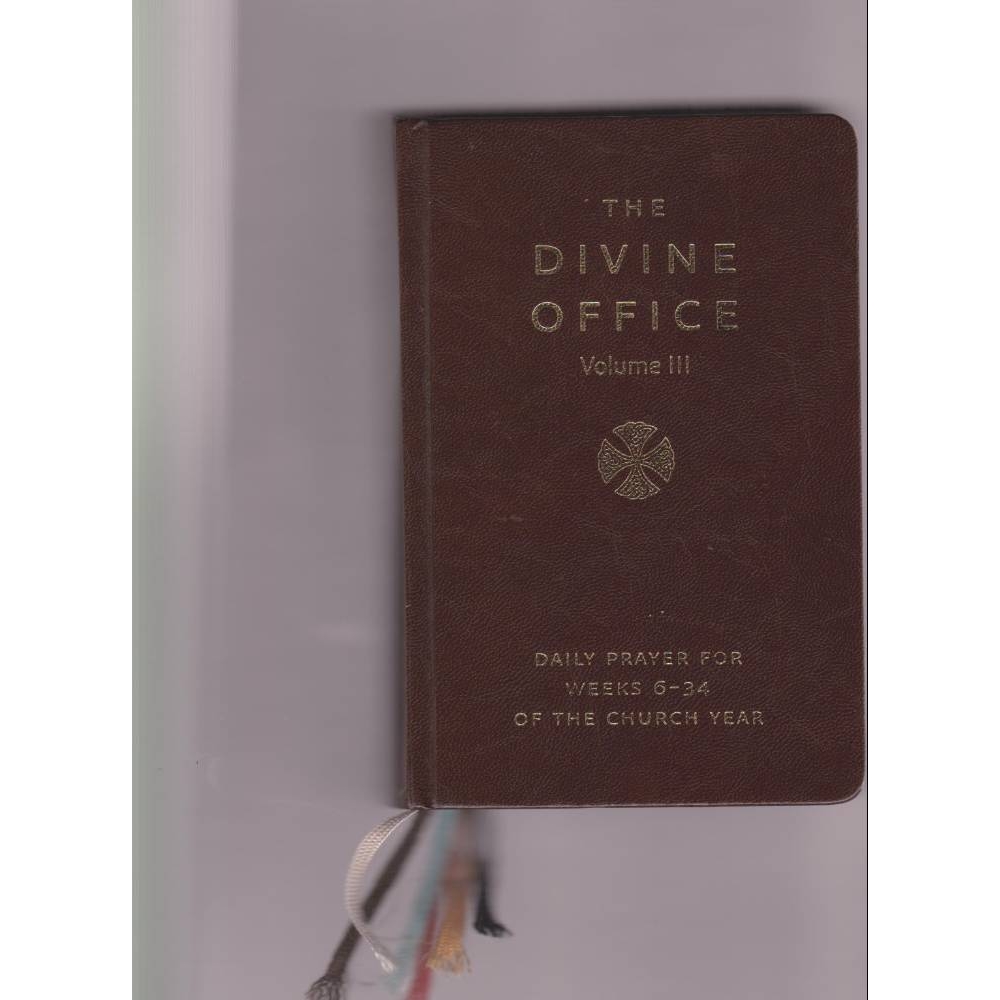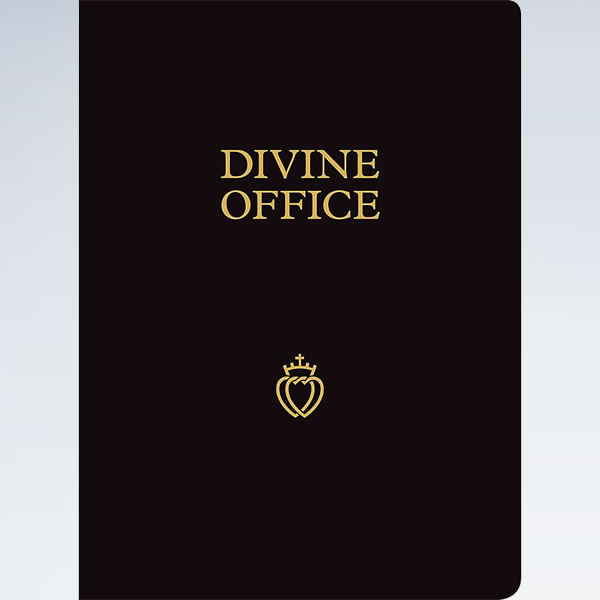

Then we sing an extended form of the hymn of the angels, "Glory to God in the highest", and conclude with prayers for all the needs of the church and the world. After listening to psalms which progress from repentance for our sins to joy in God's presence, we listen to a Gospel reading (on Sundays and feasts) and chant the canon(s) of the day, followed by Psalms 148-150, the great psalms of praise that conclude the Psalter. The early morning service of Matins (called "Orthros" or "sunrise" in Greek) is a service of praise. Each of these services has its own character: the prayers of Compline ask for God's protection through the night, while the Midnight Office calls us to watchfulness for the coming of Christ, "like a thief in the night." These developed in to the office of Compline at bedtime (with a special form, Great Compline, on the evenings of fasting days) and the nocturnal vigil of the Midnight Office. In early Christianity, prayer at night was also common, either at home or in church. The evening prayer of Vespers marks the moment of sunset, and the beginning of the church's day. Vespers on the evening before a feast is especially solemn, with additional hymns and readings from Scripture, and may be extended with a special service called Litija, consisting of a procession through the church, prayers for the world,Īnd the blessing of bread, wheat, wine and oil (representing all God's gifts As the candles and lamps of the church are lit, the faithful welcome Christ with the hymn, "O Joyful Light", which according to Saint Basil the Great (330-379) is so ancient "no one knows who wrote it." These are followed by litanies and additional hymns, and the singing of the troparion of the day.

On Saturday night (in preparation for Sunday) and the eves of feasts, there is a procession with lights and incense into the sanctuary. Led by a priest, the faithful chant psalms praising God's creation and asking for his help, along with special hymns called stichera that vary from one day to the next. The service of Vespers is particularly memorable in the Byzantine Rite. The offices of Vespers (at sunset) and Matins (at sunrise) are extremely ancient, and make use of the natural symbols of light and darkness to evoke thanksgiving and praise. Since early times, it was customary for Christians to gather in church to prayer.

Sunday 7th February 2021 The Office of Compline (Night Prayer) from the Divine Office for Saturdays and the Vigil of Solemnities during the Year, with Gregorian Chant with English and Latin.Liturgy > Daily services The Daily Cycle of ServicesĬhurch's day begins at evening, and its services run from sunset toĮvening came, and morning followed - the first day." Monday 8th February 2021 The Office of Compline (Night Prayer) from the Divine Office for Sundays and Solemnities during the Year, with Gregorian Chant with English and Latin. Tuesday 9th February 2021 The Office of Compline (Night Prayer) from the Divine Office for Mondays during the Year, with Gregorian Chant with English and Latin. Wednesday 10th February 2021 The Office of Compline (Night Prayer) for Tuesdays during the Year with Gregorian chant with Latin and English. Thursday 11th February 2021 The Office of Compline (Night Prayer) for Wednesdays during the Year with Gregorian Chant with Latin and English. Wednesday 17th February 2021 The Office of Compline (Night Prayer) for Thursdays during the Year with Gregorian Chant with Latin and English. Thursday 18th February 2021 Sung Night Prayer for Wednesday in Lent Saturday 20th February 2021 Sung Night Prayer for Friday in Lentįriday 19th February 2021 Sung Night Prayer for Thursday in Lent Saturday 20th February 2021 Sung Night Prayer for Saturday in Lent Monday 22nd February 2021 Sung Night Prayer for Sunday in Lent Monday 22nd February 2021 Sung Night Prayer for Monday in Lent Saturday 3rd April 2021 Night Prayer for Tuesday in Lent The Office of Compline (Night Prayer) sung for each day of the Easter Octave with Gregorian Chant, English and Latin.


 0 kommentar(er)
0 kommentar(er)
